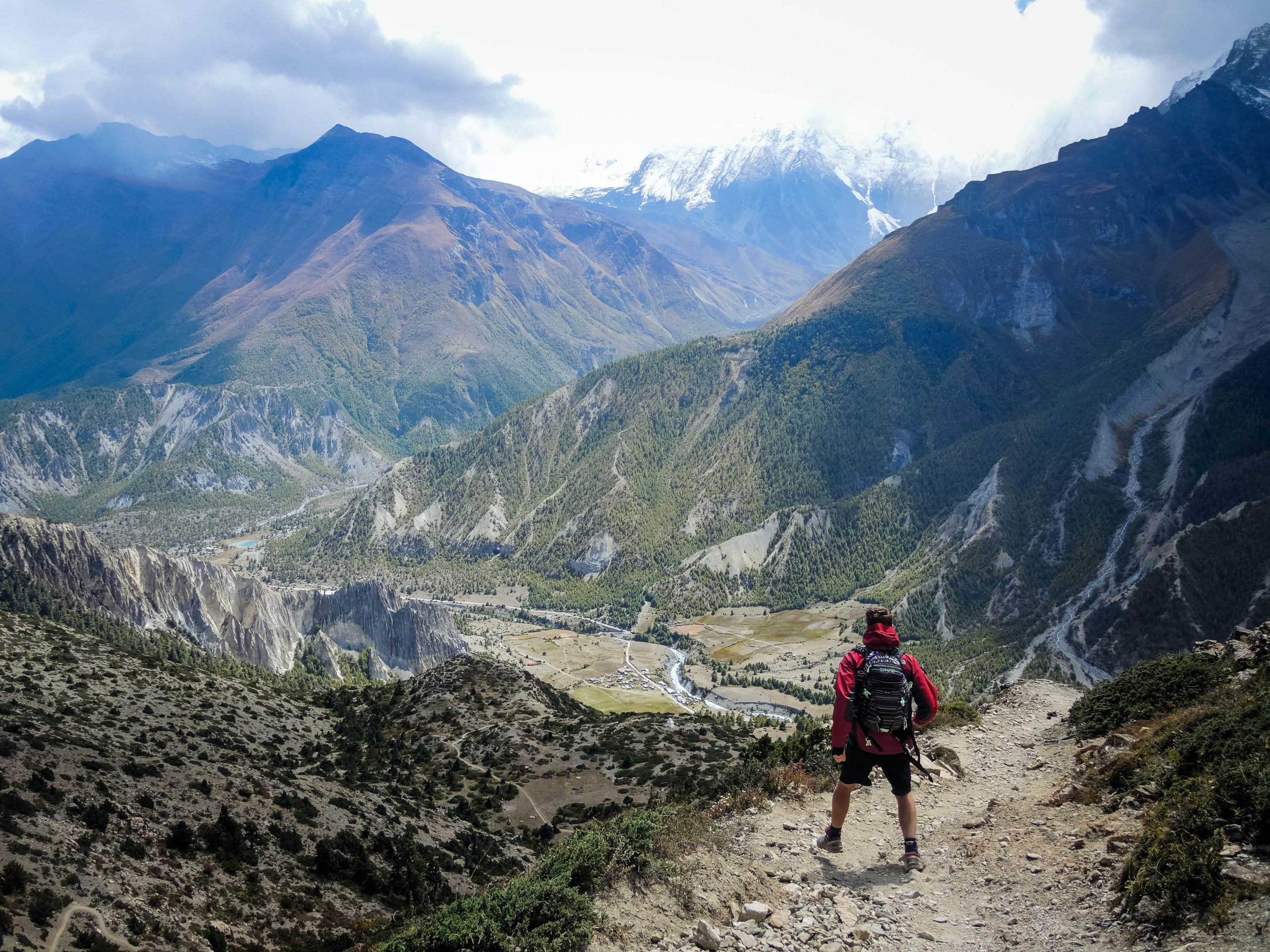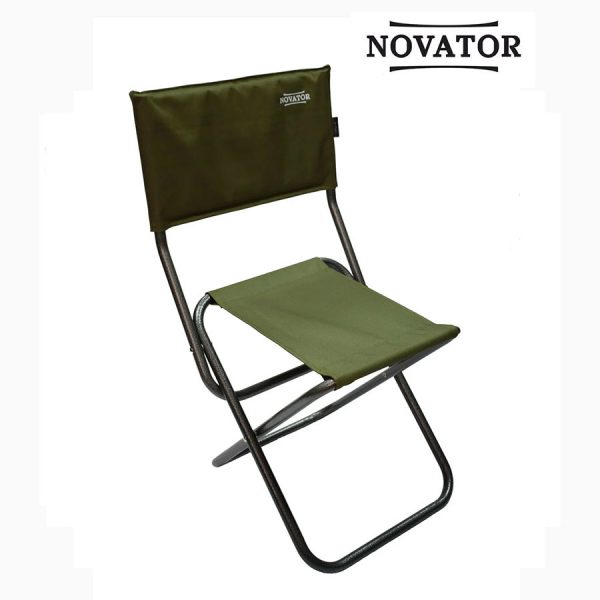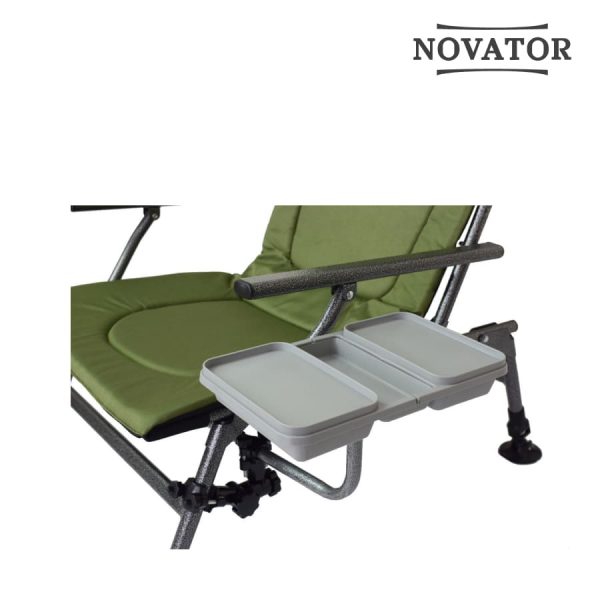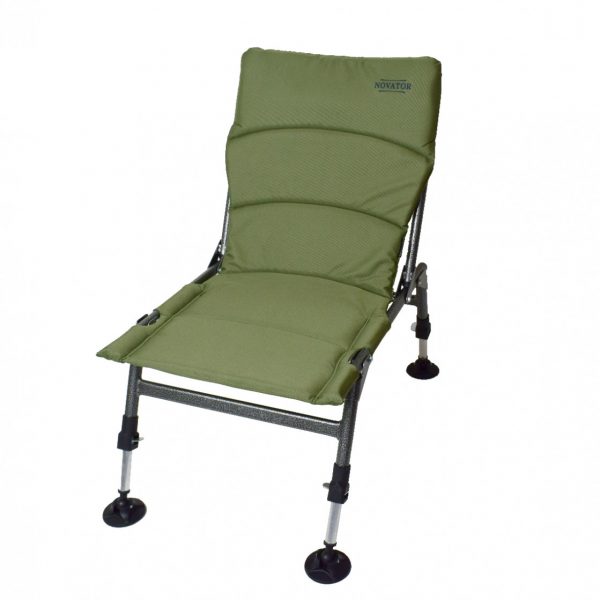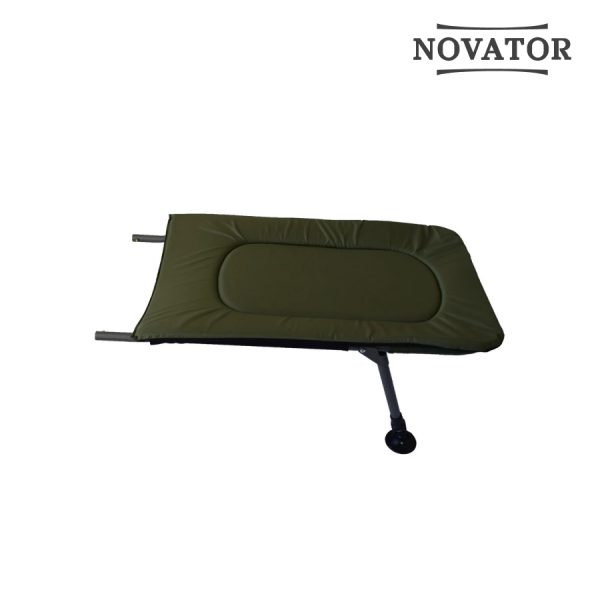Experienced adventurers share their tips for going solo.
Going solo can be an anxiety-inducing experience. Imagine being in your tent at night and hearing a branch snap – and no one to comfort you. On the other hand, being out in the wilderness itself offers the opportunity to watch sunrises and sunsets in peace.
“Solo adventures are healthy,” says Michael Giglieri, a professional guide and author. “There’s nothing wrong with being solo, there’s just something wrong with being solo and unprepared.”
If you’re reading this, you’re probably thinking about going solo in the wilderness in the future. How do you get started?
Before You Go
Start Small
You Don’t Have to Climb Hoverla Solo on Your First Try . Take a shorter, more challenging hike than you’ve done in the past with your partners. If you’re really nervous about it, take a hike somewhere close to home.
Plan Ahead
Many accidents, like falling off cliffs, can be prevented with a little forethought and planning (don’t walk on ledges). The word “accident” is complicated. Most car accidents don’t happen because the brakes fail, but because the person didn’t apply the brakes. Most accidents are completely preventable with proper advance planning. Do your due diligence: What are you likely to encounter on your adventure? What is the terrain like? What about the weather?
Do Wildlife Research
Afraid of animals in the woods? They say you can calm your fears by learning to accurately predict what to expect. You can’t control your environment. Educate yourself, prepare, and explore. With animals, do your research. If it’s bear country, what am I going to do with my food? If it’s wolf country, don’t be stupid and try to go out on your own. Also, many reserves have wildlife regulations.
Check the conditions at the tourist station
It is suggested that you call or visit the tourist station before you go. Sometimes you may find that it is better not to go at all. This could be due to bad weather or some other unpleasantness.
Provide the correct contact information
It is suggested that you let your friends and family know who to call if you do not return by the appointed time. Find the local tourist station manager and find out what to do if you need help. Is there an email address or phone number available? Double check to make sure it is the right place to request help. This will greatly reduce the time you will be away if help is needed.
Leave your Information Sheet
It is vital that someone knows where you are going and how you are going.
Stick to Your Plan
Once you have made a plan and shared it, it is important to stick to that plan. Stick to the plan you make. When you deviate, people cannot find you. Don’t be the person who gets lost.
Take a walkie-talkie
These are great for emergencies because they do not rely on satellites. Once you have your basic certification, you will receive a pen or a name that will be entered into a database so that emergency personnel can find your information.
Take signaling equipment
If you are stuck somewhere and cannot move, you need to signal rescuers. It is suggested to take a signaling mirror, a whistle. Plus some brightly colored clothing. But the equipment will not help if you do not know how to use it. When you are standing and waving, it is difficult for a rescuer to spot a piece of clothing from the air. It is suggested to fold or lay out the brightest clothing on the ground to cover a larger surface area and therefore give you a better chance of being noticed.
On the hike
Practice mindfulness
A solo adventure is a mind game – the main goal of which can be to rid your mind of anxiety, fear and discomfort. One way to do this is: “mindfulness”. I think this is a really great practice. It really forces you to be present in the moment, to be fully absorbed in what you’re doing. And adventures themselves lend themselves to practice.
When you’re in a group, you’re essentially socializing. When you’re alone and you don’t have to take care of anyone else’s social needs, you can go to a much more intense place for yourself. You can go much deeper within yourself.
Distract Yourself
Of course, being mindful all the time can be exhausting. Another way to overcome fear and discomfort is to distract yourself.
Save Excess Energy
Hiking to the point where you can’t go any further can be fun, but it’s not the safest idea. Always save some energy at the end of the day in case something happens. Sometimes you may have to go further.
